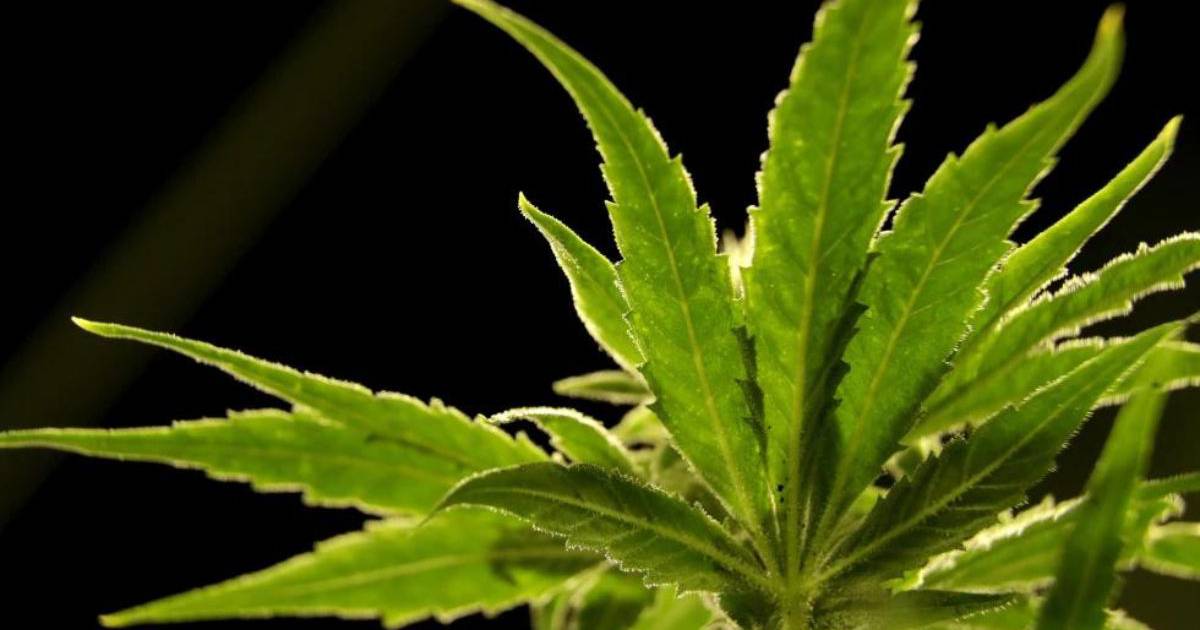The United States Drug Enforcement Administration (DEA) will apply measures to reclassify to marijuana like a less dangerous drugthis would represent a historic change in the generation of policies on the use of narcotics that could even have broad chain effects throughout the country.
The DEA proposal would recognize the medical uses of cannabis and that it even has less potential for abuse than some other more dangerous drugs, however, this initiative would not seek to legalize marijuana directly for recreational use. It would even have to be analyzed by the White House Office of Management and Budget.
This information was confirmed through 5 people related to the matter who spoke on condition of anonymity for the AP agency, which would clear the last regulatory hurdle before the biggest policy change at the DEA in more than 50 years.
Once the U.S. Office of Management and Budget (OMB) signs off on this initiative, the DEA will consider public comments on the plan to remove marijuana from its current classification as a Schedule I drug. along with heroin and LSD. Would move marijuana to Schedule III, along with ketamine and some anabolic steroids, this following a recommendation from the Federal Department of Health and Human Services. Following the public comment period and a review by an administrative law judge, the DEA would finally publish the final rule.
The move to reclassify the drug as less dangerous comes after President Joe Biden called for a review of federal marijuana law in October 2022 and moved to pardon thousands of Americans who were federally convicted of simple drug possession.
Biden has also asked governors and local leaders to implement similar measures to expunge convictions against marijuana possession.
“Criminal records for marijuana use and possession have placed unnecessary barriers to employment, housing and educational opportunities. Too many lives have been altered because of our failed approach to marijuana. It is time for us to right these wrongs,” Biden said last December.
Even lThe initiative to regulate the use of marijuana could benefit Joe Biden in the 2024 presidential election, specifically among younger American voters.
Biden and a growing number of lawmakers from both the Republican and Democratic parties have been pushing for the DEA decision, as Marijuana use in the United States has become increasingly decriminalized and accepted, especially among young people. However, DEA authorities have not responded to the comments.
Even last week, 21 Democrats led by Senate Majority Leader Sen. Chuck Schumer of New York sent a letter to DEA Administrator Anne Milgram and Attorney General Merrick Garland, arguing that marijuana should be removed from the list of controlled substances and instead be regulated like alcohol.
“It is time for the DEA to act,” the lawmakers wrote. “Right now, the Administration has an opportunity to resolve more than 50 years of failed and racially discriminatory marijuana policy.”
Schedule III drugs remain controlled substances and are subject to rules and regulations, and people who traffic them without a permit could still face federal criminal prosecution.
Some critics argue that The DEA should not change course on marijuana, saying that could lead to harmful side effects. Others believe that marijuana should be treated the way alcohol is.
Jack Riley, former deputy administrator of the DEA, said he was concerned about the proposed change because he believes marijuana remains a potential “gateway drug,” which can lead to the use of other drugs.
“But in terms of making it clear that we use our resources to combat other important drugs, that is positive,” Riley said, noting that fentanyl alone is responsible for more than 100,000 deaths in the United States annually.
Federal drug policy has lagged behind many states in recent years, with 38 that have already legalized medical marijuana and 24 that have legalized its recreational use.
That has helped fuel rapid growth in the marijuana industry, worth an estimated nearly $30 billion. Eliminating federal regulations could reduce the tax burden which can be 70 percent or more for companies, according to industry groups. It could also make marijuana research easier, since it is very difficult to conduct authorized clinical studies on Schedule I substances.

